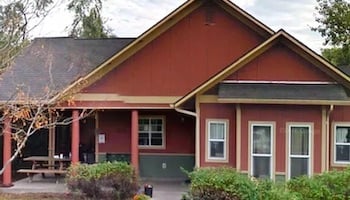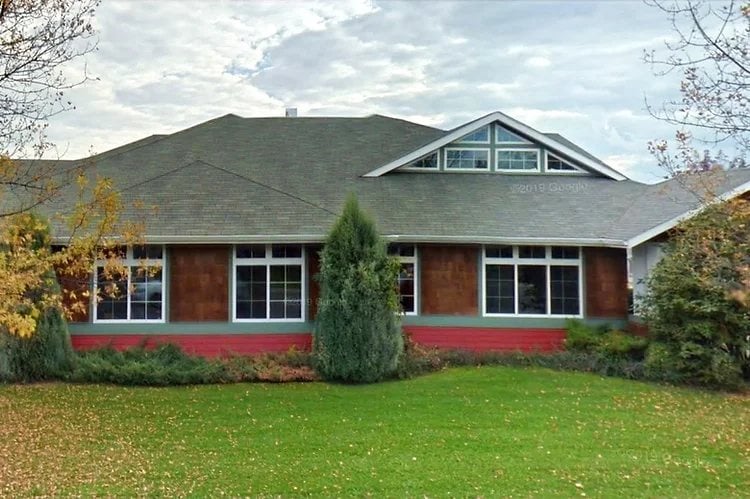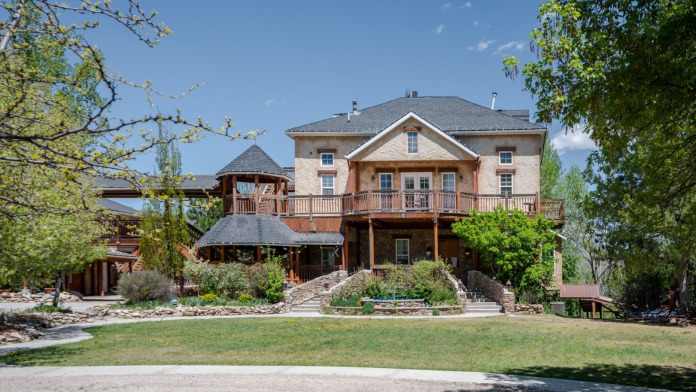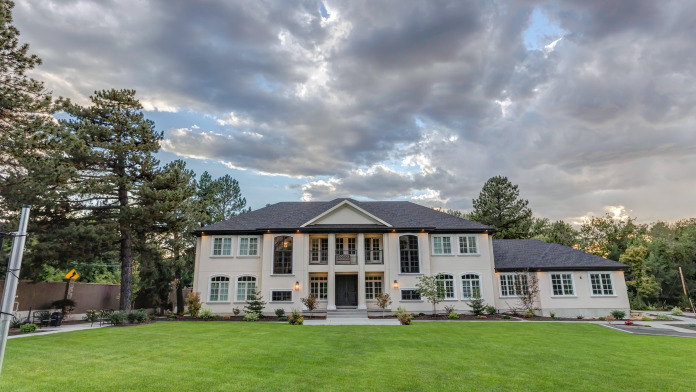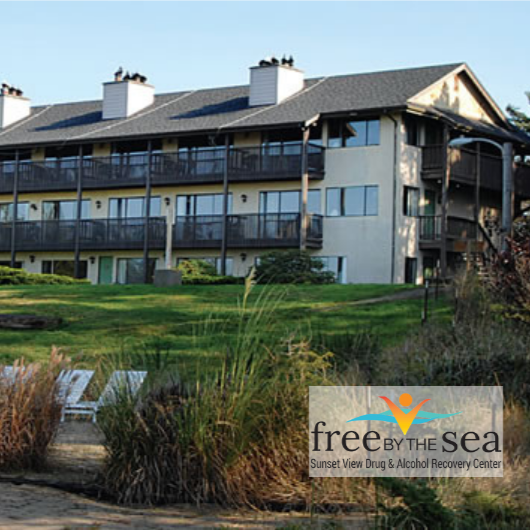About Aware Inc
Located in Missoula, Montana, AWARE provides outpatient treatment for folks with mental health and/or substance use disorders. They work with children, teens, adults and seniors. Individuals who have PTSD or trauma can also get support here. They provide case management and psychiatry services.
The facility is steps away from the 1 and 7 bus stop and also has ample parking. Missoula is known for its scenic views and access to outdoor activities like hiking at Mount Sentinel or Rattlesnake National Recreation Area, and fishing and kayaking at the Clark Fork River.
They accept private self-pay, private health plans, Medicaid, Medicare, and other state health insurance plans. They also offer a sliding scale discount.
Holistic Care in Missoula
I like that AWARE uses a holistic approach to treatment and integrates mental health into their substance use programs. Their mind-body wellness focus promotes health through various therapeutic recreational activities, habits and practices.
They use a technique called Applied Behavior Analysis (ABA) to help folks develop independence skills and positive behaviors.
Supportive Residences in Missoula
In addition to their outpatient services, they also offer various residential programs for both youth and adults. These range from supported living residences, group homes and homes for folks with severe mental illness or developmental disabilities.
You can expect care from kind staff, clean and comfortable homes with private bedrooms and healthy home-cooked meals. Residents will share the household responsibility and get support with finding employment or schooling.
Nursing services and ongoing psychiatric therapy are also included.
Rehab Score
Location
Other Forms of Payment
Private insurance refers to any kind of healthcare coverage that isn't from the state or federal government. This includes individual and family plans offered by an employer or purchased from the Insurance Marketplace. Every plan will have different requirements and out of pocket costs so be sure to get the full details before you start treatment.
Self-pay involves paying for treatment out of your own pocket. You can use savings or credit, get a personal loan, or receive help from family and friends to fund your treatment. If you don't have insurance or your insurance plan doesn't cover a specific program, self-pay can help ensure you still get the care you need.
Financial aid can take many forms. Centers may have grants or scholarships available to clients who meet eligibility requirements. Programs that receive SAMHSA grants may have financial aid available for those who need treatment as well. Grants and scholarships can help you pai for treatment without having to repay.
Medicare is a federal program that provides health insurance for those 65 and older. It also serves people under 65 with chronic and disabling health challenges. To use Medicare for addiction treatment you need to find a program that accepts Medicare and is in network with your plan. Out of pocket costs and preauthorization requirements vary, so always check with your provider.
Military members, veterans, and eligible dependents have access to specific insurance programs that help them get the care they need. TRICARE and VA insurance can help you access low cost or no cost addiction and mental health treatment. Programs that accept military insurance often have targeted treatment focused on the unique challenges military members, veterans, and their families face.
Medicaid is a state based program that helps lower-income individuals and families pay for healthcare. Medicaid covers addiction treatment so those enrolled can use their coverage to pay for rehab. When a program accepts Medicaid the client often pays very little or nothing out of their own pocket.
Addiction Treatments
Levels of Care
Outpatient Programs (OP) are for those seeking mental rehab or drug rehab, but who also stay at home every night. The main difference between outpatient treatment (OP) and intensive outpatient treatment (IOP) lies in the amount of hours the patient spends at the facility. Most of the time an outpatient program is designed for someone who has completed an inpatient stay and is looking to continue their growth in recovery. Outpatient is not meant to be the starting point, it is commonly referred to as aftercare.
A successful drug intervention in Montana requires careful collaboration between family members and intervention services. An intervention specialist helps the individual understand how their substance abuse is affecting themselves and others and understand how treatment can help. This professional may be certified as an interventionist or possess other mental health qualifications. They walk everyone through the intervention step by step, then provide follow-up services for treatment.
Treatments
Many of those suffering from addiction also suffer from mental or emotional illnesses like schizophrenia, bipolar disorder, depression, or anxiety disorders. Rehab and other substance abuse facilities treating those with a dual diagnosis or co-occurring disorder administer psychiatric treatment to address the person's mental health issue in addition to drug and alcohol rehabilitation.
Mental health rehabs focus on helping individuals recover from mental illnesses like bipolar disorder, clinical depression, anxiety disorders, schizophrenia, and more. Mental health professionals at these facilities are trained to understand and treat mental health issues, both in individual and group settings.
Programs
Adult rehab programs include therapies tailored to each client's specific needs, goals, and recovery progress. They are tailored to the specific challenges adult clients may face, including family and work pressures and commitments. From inpatient and residential treatment to various levels of outpatient services, there are many options available. Some facilities also help adults work through co-occurring conditions, like anxiety, that can accompany addiction.
Young adulthood can be an exciting, yet difficult, time of transition. Individuals in their late teens to mid-20s face unique stressors related to school, jobs, families, and social circles, which can lead to a rise in substance use. Rehab centers with dedicated young adult programs will include activities and amenities that cater to this age group, with an emphasis on specialized counseling, peer socialization, and ongoing aftercare.
Recovery is most successful when clients feel accepted and validated by their peers and treatment providers. Facilities that offer LGBTQ-inclusive programming are committed to creating a safe space where everyone can grow and recover without fear of judgment or discrimination. They will have dedicated policies in place to create a safe and supportive environment that fosters free expression.
Clinical Services
Cognitive Behavioral Therapy (CBT) is a therapy modality that focuses on the relationship between one's thoughts, feelings, and behaviors. It is used to establish and allow for healthy responses to thoughts and feelings (instead of unhealthy responses, like using drugs or alcohol). CBT has been proven effective for recovering addicts of all kinds, and is used to strengthen a patient's own self-awareness and ability to self-regulate. CBT allows individuals to monitor their own emotional state, become more adept at communicating with others, and manage stress without needing to engage in substance abuse.
Group therapy is any therapeutic work that happens in a group (not one-on-one). There are a number of different group therapy modalities, including support groups, experiential therapy, psycho-education, and more. Group therapy involves treatment as well as processing interaction between group members.
In individual therapy, a patient meets one-on-one with a trained psychologist or counselor. Therapy is a pivotal part of effective substance abuse treatment, as it often covers root causes of addiction, including challenges faced by the patient in their social, family, and work/school life.
Trauma therapy addresses traumatic incidents from a client's past that are likely affecting their present-day experience. Trauma is often one of the primary triggers and potential causes of addiction, and can stem from child sexual abuse, domestic violence, having a parent with a mental illness, losing one or both parents at a young age, teenage or adult sexual assault, or any number of other factors. The purpose of trauma therapy is to allow a patient to process trauma and move through and past it, with the help of trained and compassionate mental health professionals.
Whether a marriage or other committed relationship, an intimate partnership is one of the most important aspects of a person's life. Drug and alcohol addiction affects both members of a couple in deep and meaningful ways, as does rehab and recovery. Couples therapy and other couples-focused treatment programs are significant parts of exploring triggers of addiction, as well as learning how to build healthy patterns to support ongoing sobriety.
Research clearly demonstrates that recovery is far more successful and sustainable when loved ones like family members participate in rehab and substance abuse treatment. Genetic factors may be at play when it comes to drug and alcohol addiction, as well as mental health issues. Family dynamics often play a critical role in addiction triggers, and if properly educated, family members can be a strong source of support when it comes to rehabilitation.
Life skills are the foundational abilities you need to manage day to day life and stress. They are a set of interpersonal and psychological skills that allow you to navigate challenges and perform necessary tasks. Training in these skills is incorporated into drug rehab to equip you for success in recovery.
Amenities
-
Residential Setting
Staff
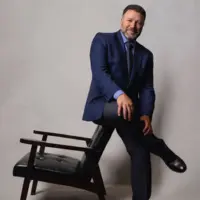
Matt Bugni
CEO
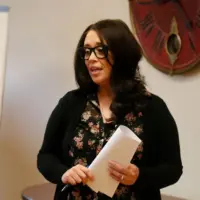
Leighann Knight
COO
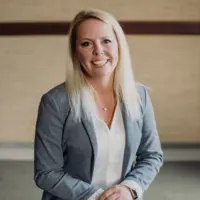
Francine Cooper
CFO

Kathryn Brogan, MD
Medical Director

Dr. Lyn Ankelman
Education Service Director
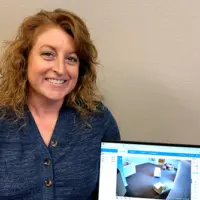
Diane Black
ABA Service Director
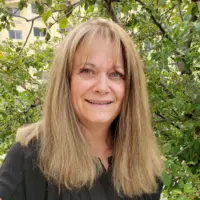
Colleen Bosch
Early Childhood Director

Beth Eastman
Therapeutic Recreation Service Director

Clayton Eastman
Case Management Service Director
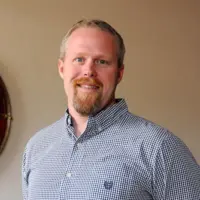
Jake Henderson
Community Behavioral Health Service Director
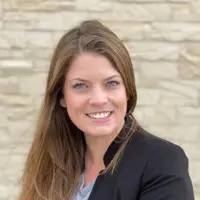
Brynn Molloy
Director of Development & Marketing

Heather Remington
CSCT Service Director
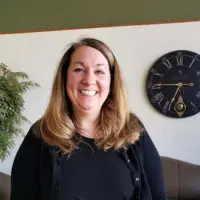
Traci Shinabarger
Clinical Director

Jenn Wihlborg
Mental Health Residential Service Director
Contact Information
2300 Regent Street
Suite 103
Missoula, MT 59801

